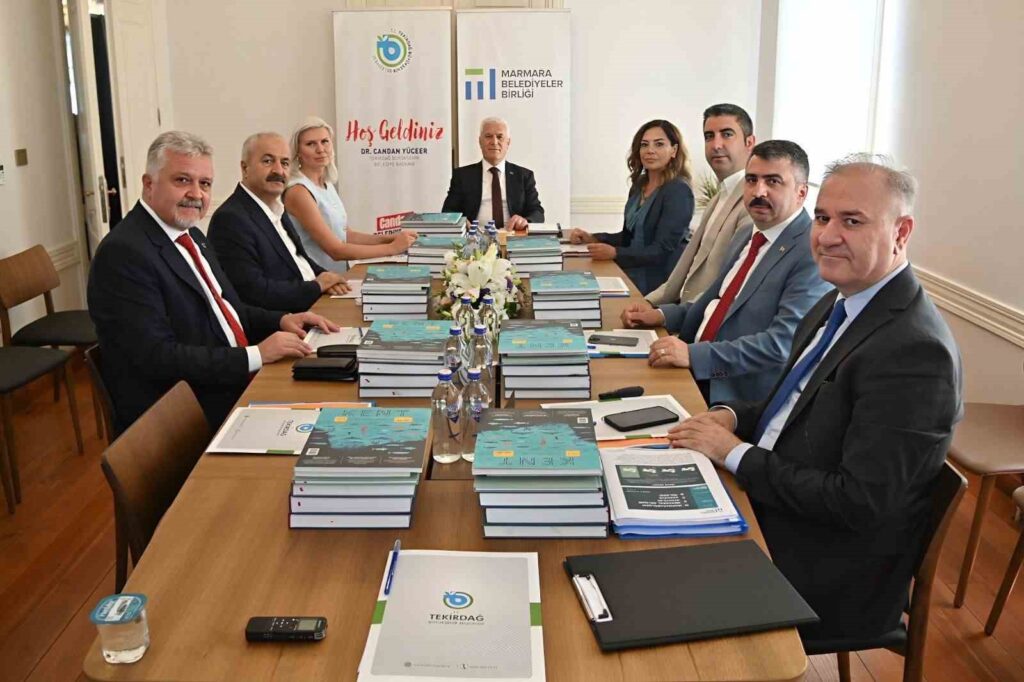Climate Change and Mosquito Population
How does climate change affect the mosquito population? This content examines how climate change can increase the spread and potential damage of mosquitoes. Learn about the possible effects on health and the environment.

Increasing mosquito population is being observed in Turkey along with the effects of climate change. Prof. Dr. Hüseyin Çetin, a faculty member at the Department of Biology at Akdeniz University Faculty of Science, emphasizes the effects of climate change on mosquitoes, stating that mosquitoes do not even go into hibernation during their active periods. He particularly emphasizes that drought and imbalances in rainfall create breeding grounds for mosquitoes.
Measures in Mosquito Control
Prof. Dr. Çetin provides important information about the precautions that citizens should take in combating mosquitoes. He highlights the importance of not allowing stagnant water to accumulate around residential areas, eliminating puddles of water, and ensuring that water does not accumulate in unused tires. He also states that municipalities are effective in combating pests in their larval stages.
Misconceptions in Mosquito Control
Prof. Dr. Çetin addresses the misconceptions of citizens in mosquito control. He particularly points out that nighttime fumigations are not sufficient, stating that such practices have limited impact on reducing the mosquito population. He also reminds that people with health issues such as asthma should stay away from areas where fumigation is done.
Combatting Population Increase
Although an increase in mosquito population is not expected in summer months, Prof. Dr. Çetin mentions that thousands of officials nationwide actively play a role in combating pests, and emphasizes that citizens should also support this effort. He states that fumigations done solely by municipalities will not be sufficient to solve the problem.







